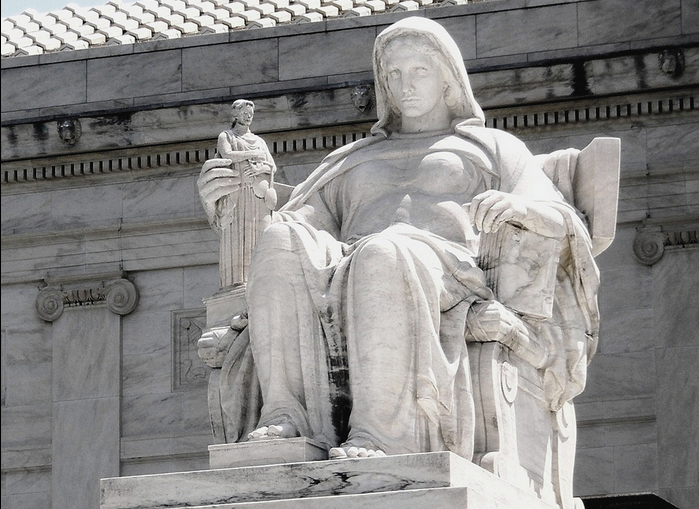
In the landmark 2010 decision, Citizens United vs. the Federal Election Commission, the Supreme Court opened the floodgates for unlimited campaign contributions by corporations, reported Aljazeera America.
In another landmark 5-4 decision on Wednesday, the Supreme Court expanded even further how much political donors can give candidates.
The Court struck down the overall cap limiting the total amount of money individuals can give to candidates, parties and political action committees during the federal two-year election cycle.
The 5—4 split was along party lines, with the five justices appointed by Republican presidents joining the majority and the four appointed by Democratic presidents voting it down.
The ruling means individuals have a right to give the legal maximum amount to candidates for Congress and the president, as well as to parties and PACs, without worrying that they will violate the law-- a move critics say hands over even more power to special interests.
"I am concerned that today's ruling may represent the latest step in an effort by a majority of the Court to dismantle entirely the longstanding structure of campaign finance law erected to limit the undue influence of special interests on American politics," said Sen. John McCain, a Republican from Arizona.
McCain said there would be "scandals involving corrupt public officials and unlimited, anonymous campaign contributions" that would force another reform in the future, the paper reported.



